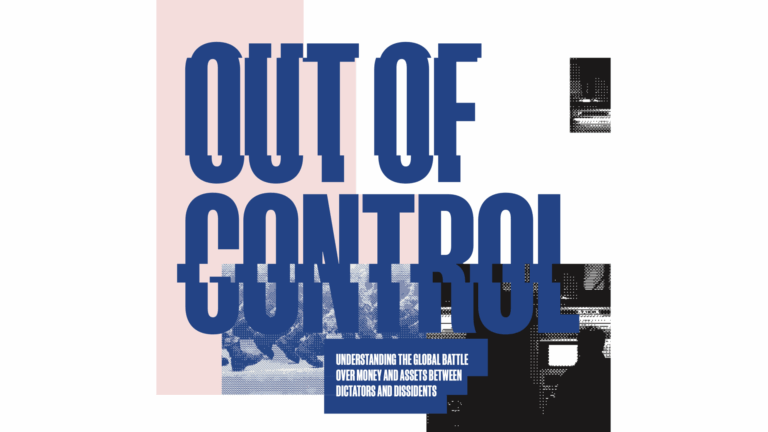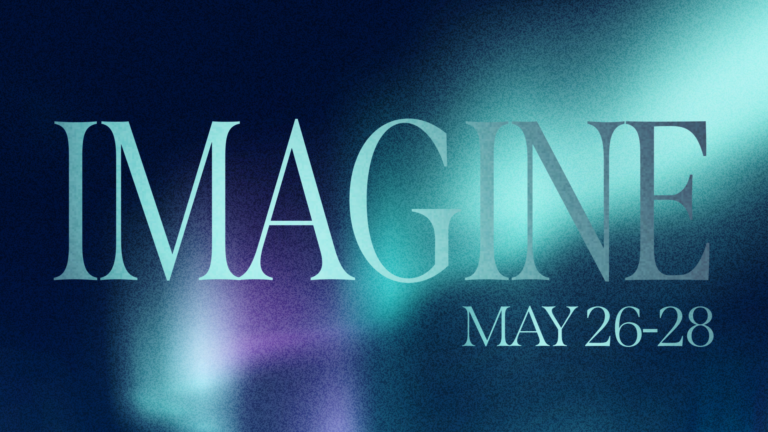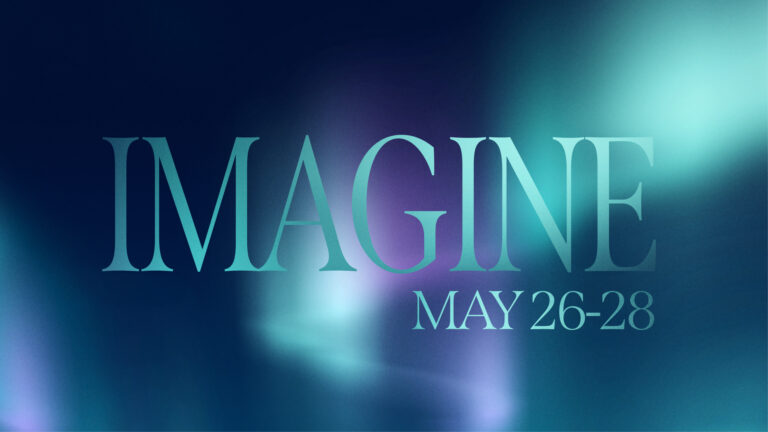A CBDC is a digital national currency. Like paper dollars or euros, CBDCs would be liabilities of central banks. Unlike paper dollars or euros, CBDCs would not offer the privacy protections, neutrality, or finality that cash provides. Here is a short video we made to help explain the difference.
Virtually all money today is already digital, but it is issued and controlled by private banks and fintech companies (even in dictatorships like China). When consumers use a credit card, spending is at the discretion of the corporation that issued the card. When consumers deposit money into their bank accounts, their funds are liabilities of the bank. CBDCs are an attempt to replace paper cash with government-issued and government-controlled digital credits. They also help reign in power from the private sector and expand the central government’s control over the economy.
Paper cash doesn’t require identification, can be used by anyone with no discrimination, and cannot be easily tracked. As such, cash is a daily tool of human rights activists, dissidents, and civil society, especially in authoritarian regimes. CBDCs stand to potentially phase out this tool for human rights defenders, making them entirely reliant on currency that is surveilled and easily frozen and censored. Unlike cash, CBDCs can even have expiration dates or blacklists. HRF believes CBDCs pose a significant threat to human rights work worldwide, especially for people living under tyranny.






